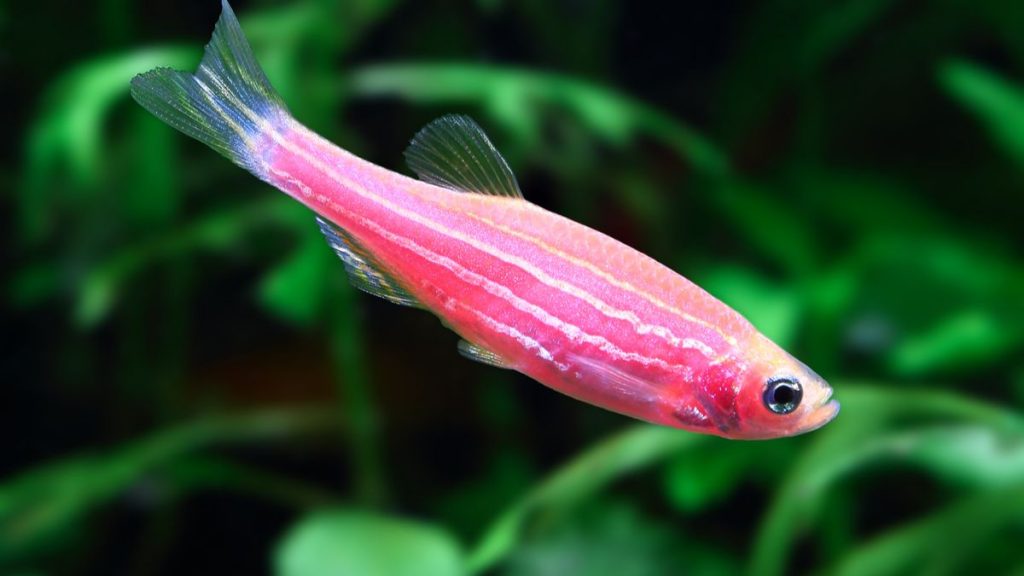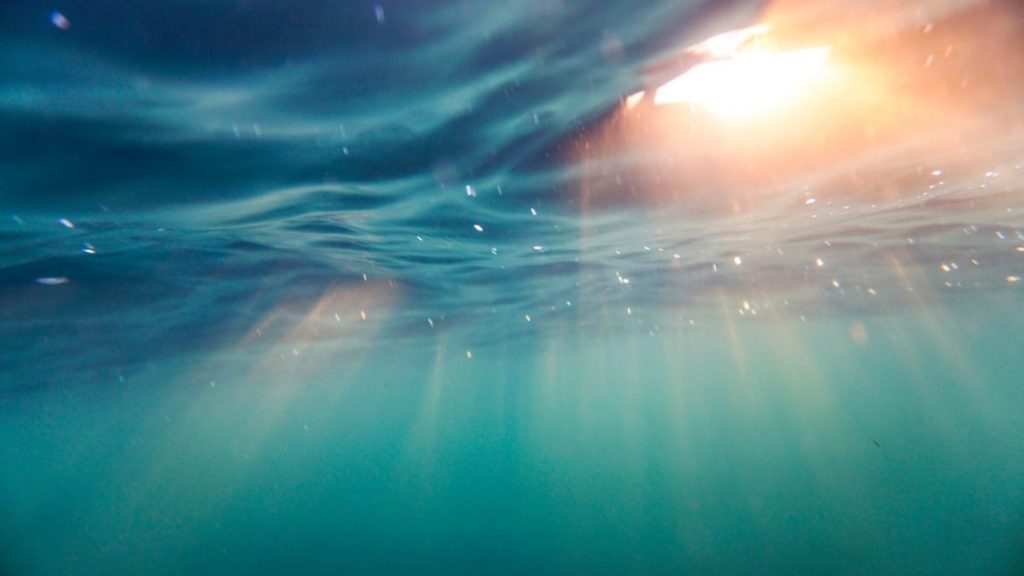
An artificial evolution experiment involving a small tropical freshwater fish with a high reproduction rate has shown its inability to adapt to global warming. This would also apply to many marine species.
An increase in thermal tolerance of only 0.04 ° C per generation
As part of this work presented in the review PNAS, a team of researchers from the Norwegian University of Science and Technology evaluated the ability of zebrafish to adapt to increasingly extreme conditions. Described as “ the largest artificial evolution experiment evaluating thermal tolerance in vertebrates », This three-year study involved more than 20,000 specimens bred over six generations.
Evolution occurs when the best adapted individuals of a species produce more fertile offspring than the rest of the group, which results in an accumulation of adaptations over several generations and a modification of the species itself. However, experiments conducted showed that even zebrafish (Danio rerio), a tropical freshwater species with a high reproductive rate, was unable to keep pace with current global warming.
” We have found that zebrafish can develop some heat tolerance, which is good news », Notes the professor Fredrick jutfelt, lead author of the study. ” But this evolution takes several generations, and the thermal tolerance of fish only increased by 0.04 ° C per generation, a slower rate of evolution than would have been necessary for successful adaptation to climate change.. “

According to the authors of the study, these conclusions would apply to marine fish species with reproductive cycles similar to that of zebrafish, and would suggest an even lower adaptive capacity to global warming in those with longer cycles. long.
Ever warmer oceans
The vast majority of the heat from the greenhouse effect is absorbed by the oceans, which act as planetary heat sinks. As a result, these were 0.77 ° C hotter in 2019 compared to the 20th century average, and this warming has accelerated. According to a study published in the journal Advances in Atmospheric Sciences, the rate of ocean warming has indeed increased by 450% over the past three decades compared to the previous three.
In response, marine species were forced to change their habits and migrate rapidly to cooler waters. While scientists have known for a long time that the latter are unable to keep up with accelerating ocean temperatures, recent work has enabled them to precisely determine this delay.

